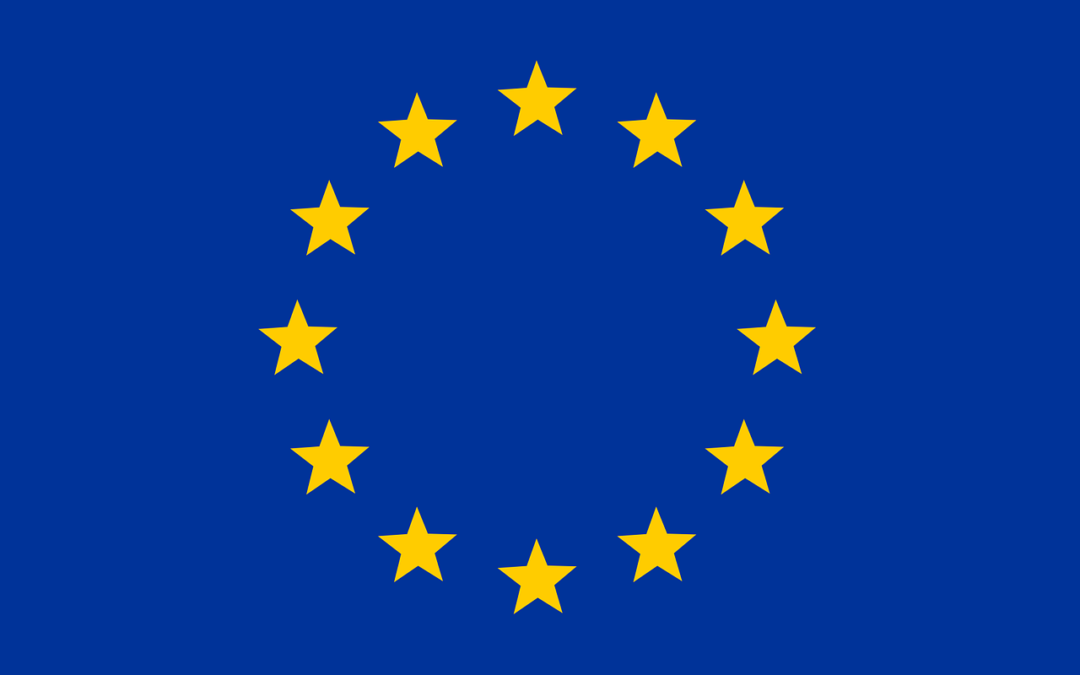Intra-community operations are all those purchases and sales of products or services that occur within the European Union.
There are different scenarios in which we can find ourselves when we want to operate with other European countries.
Scenario 1
To issue an invoice, if your client is a company or professional, the first step will be to find out if both you and your client are registered in the ROI (register of intra-community operators). If both of you are registered as intra-community operators, the invoice will be issued without VAT. Otherwise, the invoice must be issued with the usual VAT, exactly the same as if your client were in Spain.
Another possibility is that your customer is a final consumer. In this case, your invoices must simply bear the VAT rate that is usually applied, with one exception: for electronic products or services sold to final consumers in other EU countries, the VAT in force in the client’s country of residence is applied.
Scenario 2
In the event of receiving an invoice from an intra-community supplier, the investment of the taxable person must be applied, which implies that the buyer, instead of the seller, is responsible for collecting VAT. For this, it is necessary that both the buyer and the seller are registered in the aforementioned ROI, so the invoice must be without VAT.
Ultimately, you must simultaneously file as output and input the VAT which should have had and include those amounts in the VAT return (Form 303) as intra-community ac quisitions.
In addition, all intra-community operations must be declared in a separate form: 349, which will be filled monthly, quarterly or annually, depending on the amounts to be declared.
If you need guidance and information in this regard, either to manage your ROI registration or to calculate and file your taxes, do not hesitate to contact us. At Arintass we have a highly qualified team in various fields of legal, accounting and tax advice, who will be happy to advise you.

